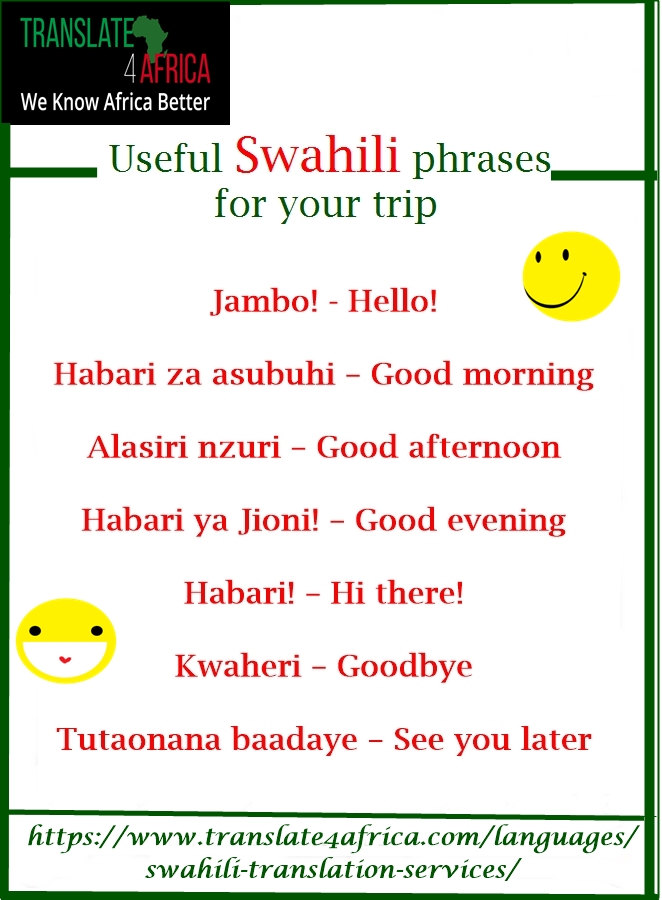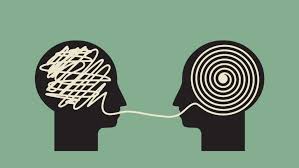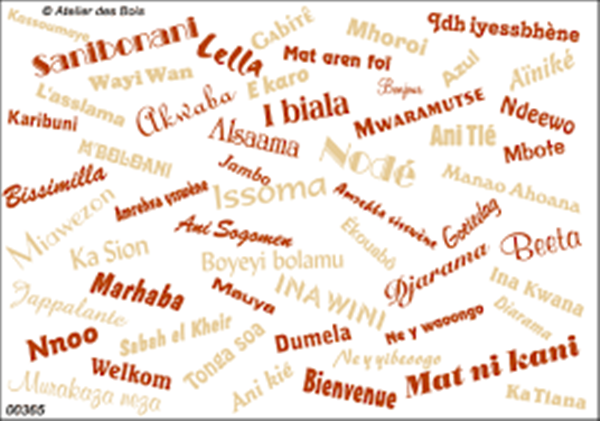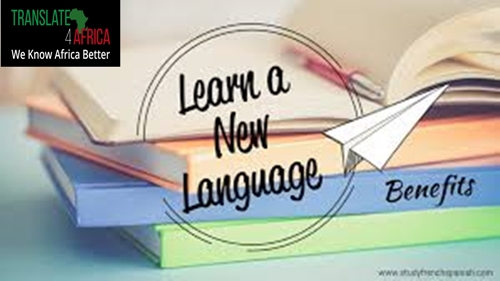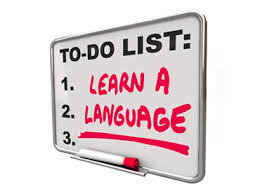Are you planning for a trip to a Swahili speaking country? Yes! Whether you’re travelling to Kenya, Tanzania, Burundi, Uganda or any-other Swahili speaking country, you’ll need a couple of useful phrases with you to enjoy your travels.
About Swahili language
Swahili, also known as Kiswahili (translation: language of the Swahili people), is a Bantu language and the first language of the Swahili people. It is a lingua franca of the African Great Lakes region and other parts of eastern and south-eastern Africa, including Kenya, Tanzania, Uganda, Rwanda, Burundi, some parts of Malawi, Somalia and Zambia, Mozambique and the Democratic Republic of the Congo (DRC). Comorian, spoken in the Comoros Islands, is sometimes considered to be a dialect of Swahili, though other authorities consider it a distinct language.
Here are some of the Basic phrases to make your trip magical
Whether you want to learn how to ask for directions or order a delicious meal, we’ve put together a list of the common Swahili phrases you’ll need to have a relaxing, enjoyable and thoroughly unforgettable trip!
Swahili greetings
A good first impression always starts with an opener that is, a small gesture, to show some willingness. So if you only learn one phrase before your trip, make sure it’s one of these.
Here are a few conversation openers:
- Jambo! – Hello!
- Habari za asubuhi – Good morning
- Alasiri nzuri – Good afternoon
- Habari ya Jioni! – Good evening
- Habari! – Hi there!
And here’s a couple more to say Goodbye:
- Kwaheri – Goodbye
- Tutaonana baadaye – See you later
How to be polite in Swahili
“Please” and “thank you” are two magical words that go along way in English speaking countries. Especially in the UK: day to day, you end up saying “sorry” here and another “sorry” there – sometimes, you even say it when you don’t actually mean it, or when it’s not really your fault. That’s why it’s important for to learn them too in Swahili!
- Asante – Thank you
- Asante Sana – Thank you so much
- Karibu – You’re welcome
- Tafadhali – Please
- Samahani – Excuse me / I’m sorry
- Samahani Sana – I’m very sorry
Essential Swahili phrases (For when you get stuck!)
It’ll be an inevitable eventuality on your trip. You’ll start off the conversation with a common Swahili phrase (Hello!, nice work!). You’ll then get a response that’s either delivered so fast that you didn’t quite catch it, or that uses structures and vocabularies that are currently a little too advanced for your liking. It’s normal to feel overwhelmed. But it’s okay not to understand everything you hear.
Here’s how you can ask someone to repeat what they said or say it slower. I’ve also tossed in one when you have no clue of what to say.
- Sielewi – I don’t understand
- Pole pole, tafadhali – Slower, please
- Tafadhali sema polepole – Please speak more slowly
- Unaweza Kurudia? – can you repeat?
- Sijui – I don’t know
- Je!… maana? – What does … mean?
And failing these suggestions, there’s no sin in confessing to them that you don’t speak Swahili, and ask them if they speak English:
- Sisemi Kiswahili – I don’t speak Swahili
- Unazungumza Kingereza? – Do you speak English?
Getting you around
Let’s get to explore your surroundings.
With so much to take in and so little time to do it in, at some point or another during your trip you’re going to get lost – and you’re going to need to ask for directions.
To ask where something is just say, what you’re trying to find followed by “wapi?”
Use this question when you’re looking for something specific.
Forexample:
- Choo kiko wapi? – Where’s the toilet/bathroom?
- Mkahawa uko wapi? – Where’s the restaurant?
- Iko wapi … mitaani? – Where’s the … street?
Of course, you won’t find these questions useful unless you understand the sorts of common Swahili phrases people will offer in response. Here’s a few phrases locals will use when trying to point you in the right direction:
- Upande wa kulia – on the right
- Kushoto – on the left
- Mwishoni – at the end
- Kwenye kona – In the corner
- Hapa – Here
- Huko – There
At the restaurant
Eating out and trying local delicacies are precious moments worth sovouring. From ordering food and drink to asking for the bill, here are some of the most useful phrases you will need in any restaurant:
- Nataka – I want
The simplest way of ordering at the restaurant is by using “Nataka” (I want). I know what you’re thinking: you’ve got your english hat on and you’re wondering, “But isn’t that terribly rude?” But it’s not as rude as it sounds.
Swahili speakers use it all the time when ordering food and drink, or even when they’re buying something in a shop. If you’d rather stick to the more formal version of the verb, you can say Ningependa (“I’d like”).
Forexample:
Ningependa kahawa – I’d like a coffee.
Ningependa tiketi ya kurudi – I’d like a return ticket.
There’s also an even easier option: you can simply say what you’d like, followed by a Tafadhali.
For example:
- Kahawa, tafadhali. – Coffee, please.
- Maji, tafadhali. – Water, please.
Keep your shirt on, we’re not done yet: I’ve got a few more common Swahili phrases for you to cover:
Naweza kupata …? – Can I have …?
Here’s a language tip:
Finish the question Naweza kupata …? By adding the drink or what you you’d like at the end. If you’re really going out of your way to impress locals, try this out next time you are in a café.
Forexample:
- Naweza Kupata kikombe cha kahawa? – Can I have a cup of coffee?
- Naweza kupata Maji? – Can I have water?
- Nitakayo bili, tafadhali. – I’ll have the bill, please.
- Kiasi gani? – How much is it?
Want more than just a few common Swahili phrases so you can live like a local on your travels? Contact us for your Swahili course for a more thorough crash course.
I now pronounce you officially ready for your trip! Pack up those common Swahili phrases, and we at Translate 4 Africa Ltd wish you a wonderful trip.
Or, as any Swahili speaker would say:
Safari salama! (Safe trip!).
Remember
With a few of the right phrases, you’ll find that people are friendlier and more helpful everywhere you go. Locals always appreciate travelers making an effort. However, you don’t need to be fluent in Swahili to get by. Learning even just a couple of basic Swahili phrases will go a long way. Tunakupenda hivyo, Asante sana (We love you so, thank you very much).


